Early Childhood Development
Learning development starts long before a child begins kindergarten. A child’s development is strengthened through regular interaction and stimulation in both the home and in quality early learning settings.
Here are five things to know about child care and childhood development:
- During the earliest years of life, the brain is most flexible and responsive to learning, forming over a million new neural connections every second.
- Attending high-quality care can help kids build important skills, like learning to read, recognizing letters and the sounds they make, understanding and using math, and developing strong speaking and listening abilities.
- A large review of studies (meta-analysis) found that kids who attended high-quality early learning programs were less likely to be held back a grade and more likely to graduate from high school.
- High-quality early learning has positive long-term effects on children’s cognitive development, capacity to understand and manage emotions, ability to get along with others, and means to build relationships through kindergarten and beyond.
- Attending early learning and care programs have been associated with significant reductions in special education placement.
Learn more:
Posts
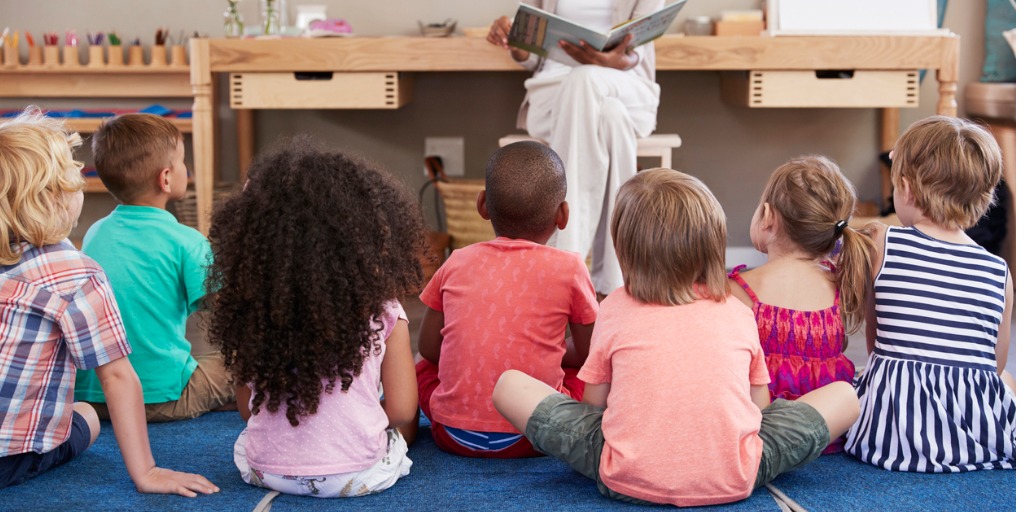
Resource
January 18, 2023
The 118th Congress has the opportunity to invest in America’s children, working families, and the economy through high-quality early childhood education. This resource book is an introduction to the foundational …
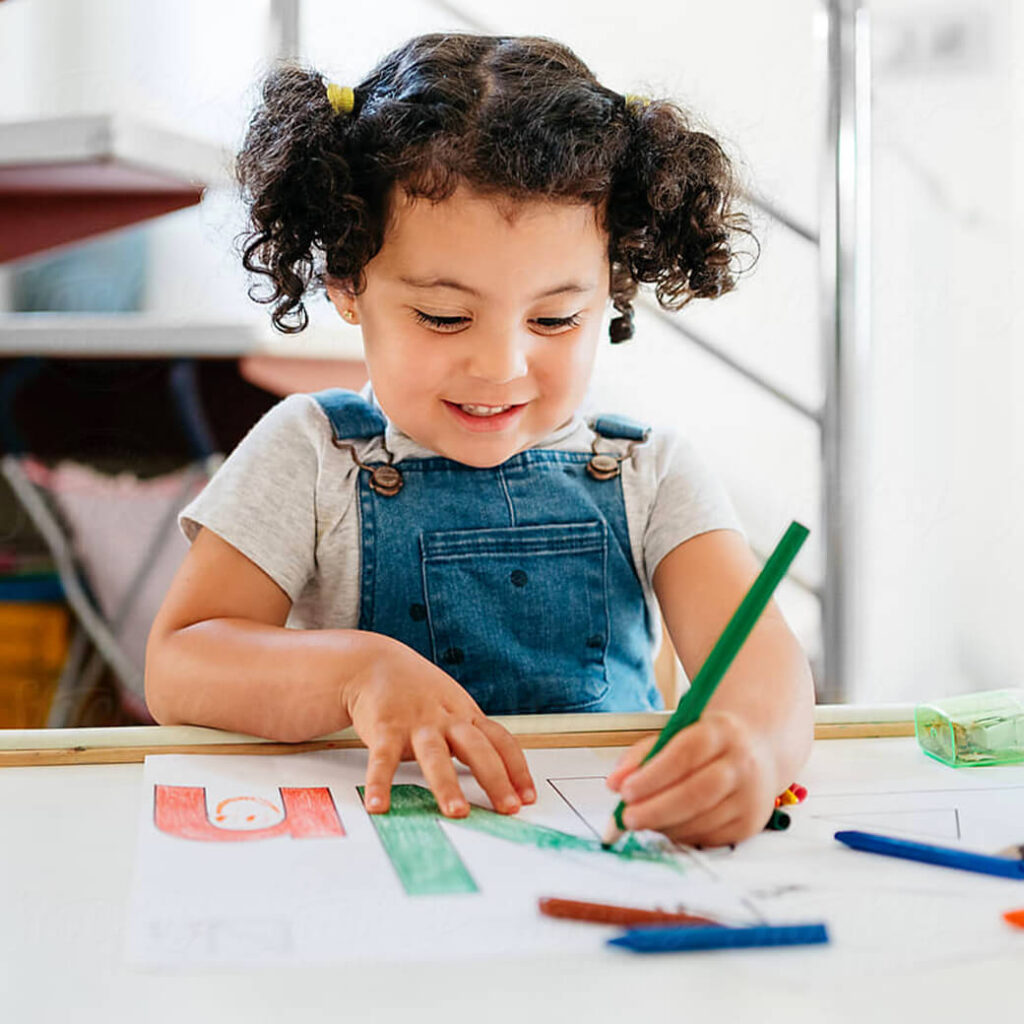
Resource
December 16, 2022
A new longitudinal study, “Kindergarten through Grade 3 Outcomes Associated with Participation in High-Quality Early Care and Education: A RCT Follow-Up Study”, found that high-quality early care and education (ECE) …
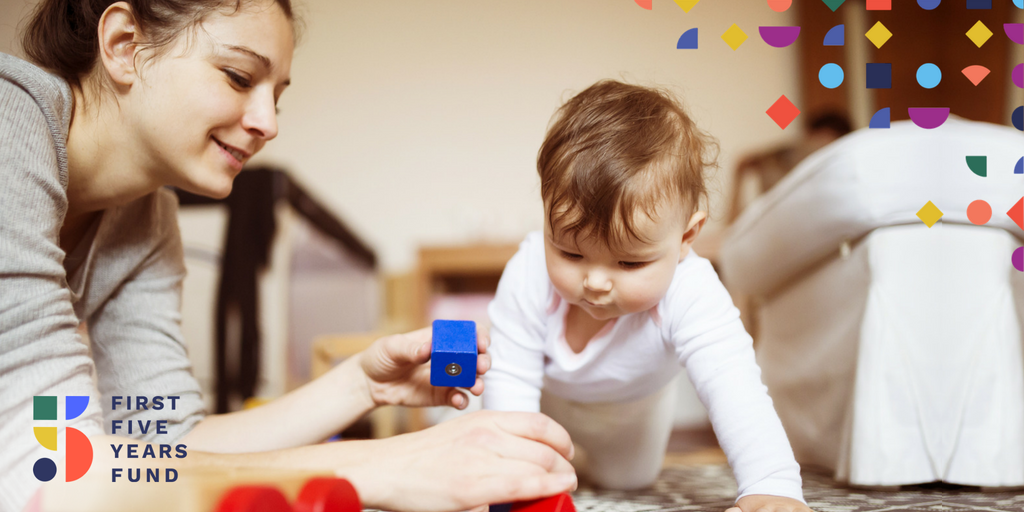
Resource
October 26, 2022
On October 13, thousands of policymakers, scholars, and practitioners across the nation joined the National Prenatal-to-3 Research to Policy Summit. At the summit, the Prenatal-to-3 Policy Impact Center unveiled the …
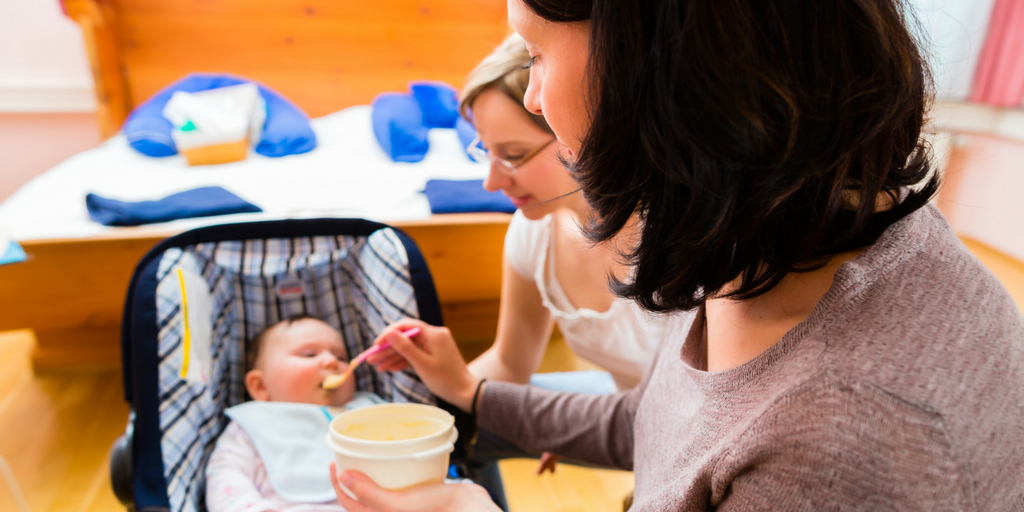
Resource
September 28, 2022
The fourth and final part of FFYF’s blog series on the necessity of MIECHV reauthorization focuses on economic impacts. Given the evidence demonstrating the effectiveness of MIECHV, the program presents …
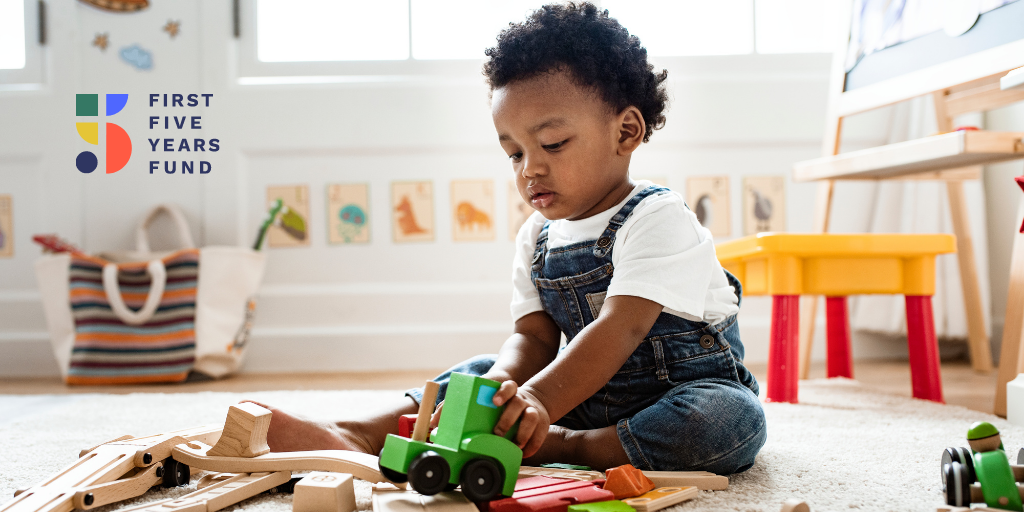
Resource
September 23, 2022
On Wednesday, the National Head Start Association (NHSA) and the bipartisan Congressional Pre-K & Child Care Caucus hosted a briefing entitled “The Child and Family Impacts of Early Head Start …

Resource
September 21, 2022
As the third part of FFYF’s blog series on the importance of MIECHV reauthorization, this blog focuses on the many ways in which parents benefit from home visiting programs. Home …

News
September 20, 2022
WASHINGTON – Today, Ways and Means Committee Chairman Richard Neal (D-MA) and Ranking Member Kevin Brady (R-TX), alongside Energy and Commerce Committee Chairman Frank Pallone (D-NJ) and Ranking Member Cathy …

Resource
September 14, 2022
As the second part of FFYF’s blog series on the necessity of MIECHV reauthorization, this blog focuses on the ways in which children benefit from home visiting programs. The birth …
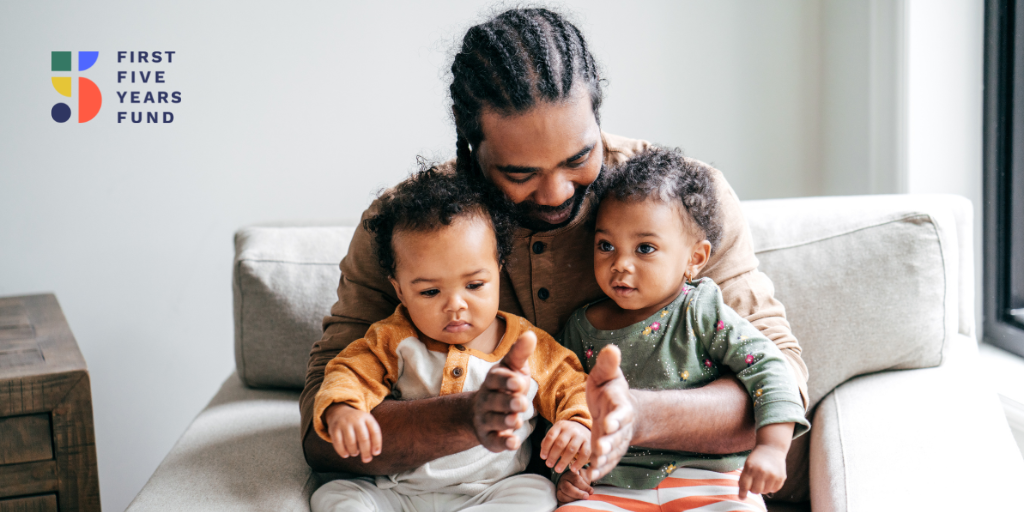
Resource
September 9, 2022
Our nation’s youngest children have lived most, if not all, of their lives during a global pandemic. The COVID-19 pandemic drastically upended the lives of parents and children in a …
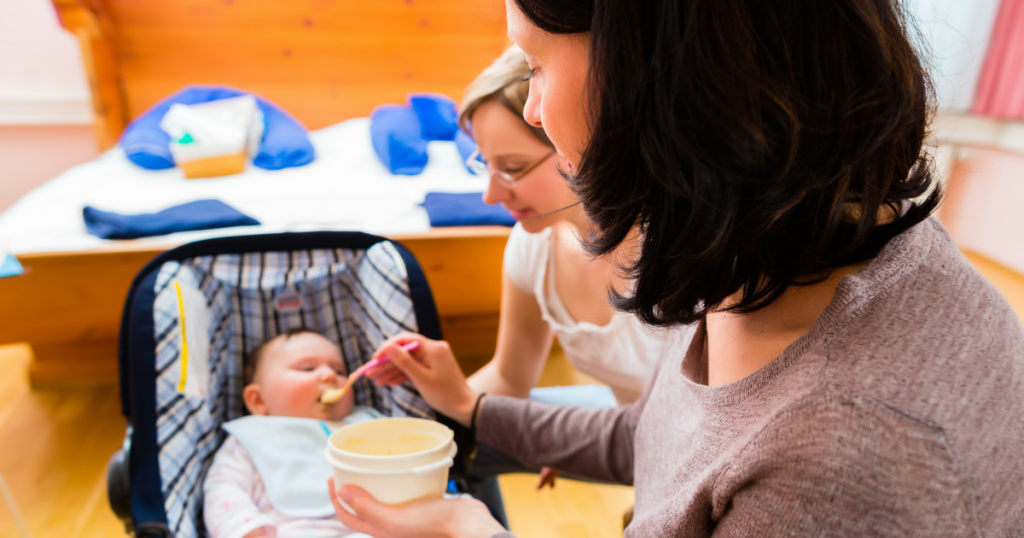
Resource
September 7, 2022
The Maternal, Infant, and Early Childhood Home Visiting (MIECHV) program is a voluntary, evidence-based program within the Health Resources and Services Administration at the Department of Health and Human Services …
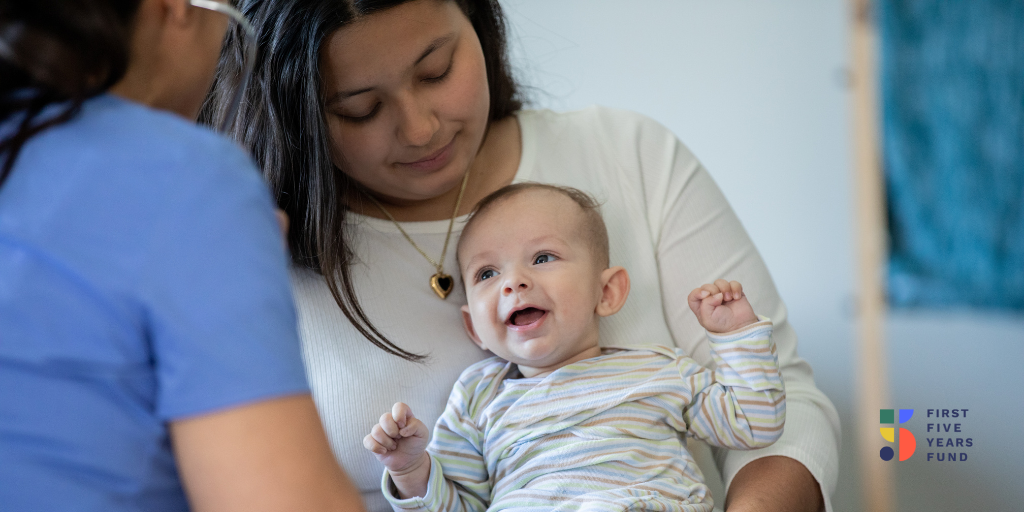
Resource
September 6, 2022
The following blogs highlight several key ways in which the Maternal Infant Early Childhood Home Visiting (MIECHV) program creates multi-generational and long-term benefits for both children and parents, including by …

News
June 21, 2022
On June 14, The Department of Health and Human Services (HHS) and Department of Education (ED) issued a Dear Colleague Letter with recommendations to state, territorial, tribal, and local policymakers …












